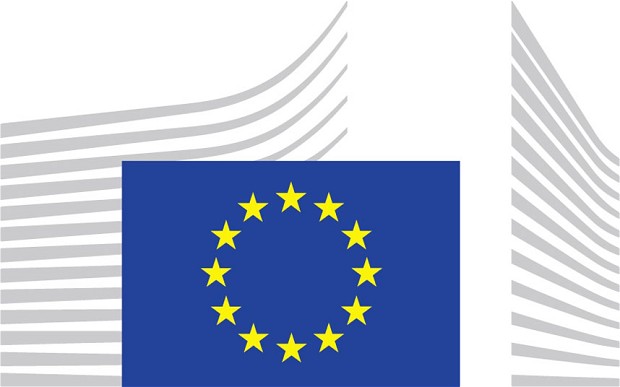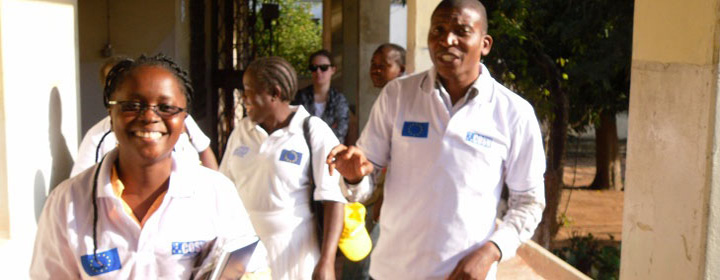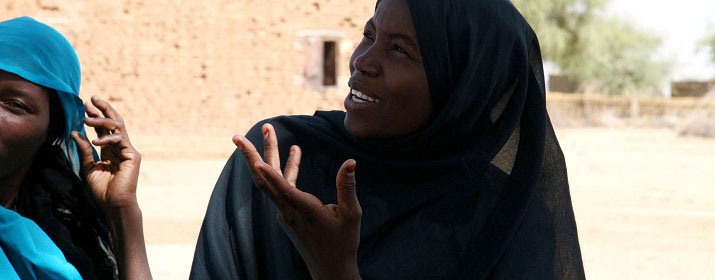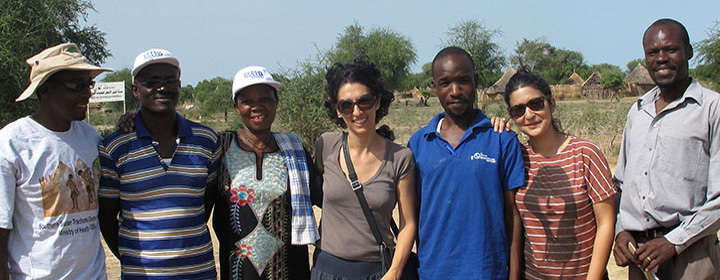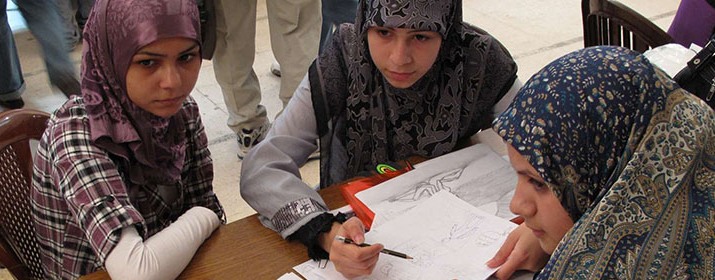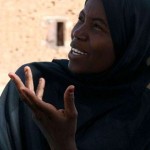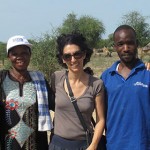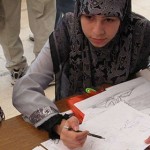Communication from the Commission to the European Parliament, the Council, the European Economic and Social Committee and the Committee of the regions.
At a critical juncture – facing new global challenges, close to the 2015 target for achieving the Millennium Development Goals (MDGs) and in the midst of preparations for the next Multiannual Financial Framework (MFF) – the EU must choose the right mix of policies, tools and resources to be effective and efficient in the fight against poverty in the context of sustainable development. The Commission is proposing an Agenda for Change to strengthen Europe’s solidarity with the world’s developing nations in this fight.
As the Lisbon Treaty states, supporting developing countries’ efforts to eradicate poverty is the primary objective of development policy and a priority for EU external action in support of EU’s interests for a stable and prosperous world. Development policy also helps address other global challenges and contributes to the EU-2020 Strategy.
The EU has already done much to help reduce poverty and in particular to support the achievement of the MDGs. Yet severe poverty persists in many parts of the world. A series of global shocks has left many developing countries vulnerable. As the world’s population continues to grow, more action is needed to tackle global challenges like conflict prevention, security, environmental protection, climate change, and to deliver global public goods such as food security, access to water and sanitation, energy security and migration.
Increasing the impact of EU Development Policy: an Agenda for Change
